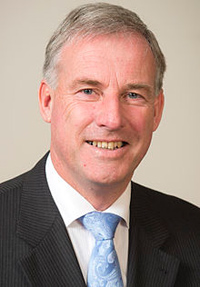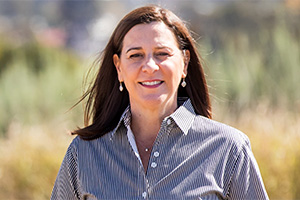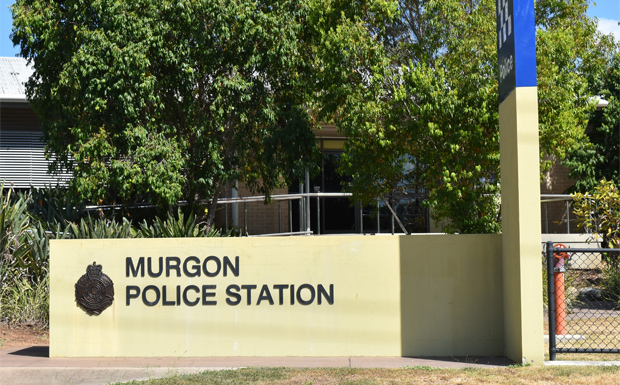
December 15, 2018
Forest managers will have a better understanding of mechanical fuel load reduction as a tool to reduce bushfire risks once the results of a $1.5 million trial are analysed.
Assistant Minister for Agriculture, Senator Richard Colbeck, said the Federal Government had been working with State Governments to undertake trials through the National Bushfire Mitigation Program
The trials aimed to establish whether mechanical thinning of forests could reduce bushfire risk in an economical, socially acceptable and environmentally sound manner around key assets, such as conservation areas or townships, where prescribed burning is undesirable for a range of reasons.
They had gathered scientific, cost-benefit and social attitude evidence from a variety of forest types across Australia.
“The trials are examining if mechanical reduction of fuel load is another viable way of protecting forests and communities,,” Mr Colbeck said.
“By undertaking these trials and incorporating the learnings from them we will be able to use evidence-based prevention and management methods in the future.
“Our hope is that it will give us alternatives to those we currently have – like planned burning – especially around key assets, high population areas where smoke can cause health concerns, or high conservation value areas where planned burns pose too high a risk.
“These trials are about reducing the potential for high intensity bushfires by finding effective and efficient ways to reduce fuel loads whilst retaining important forest values.
“The trials provide an example of innovative, active and adaptive management approaches to forest and fire protection across the landscape.
“We’re always looking for ways that do the least harm to the forest and produce the most benefit in mitigating the risk of bushfires.
“The treatments have now concluded and the results are being used to model fire risk at a landscape level, and analyse the costs and benefits.
“The overall results of these trials are expected in mid-2019.”
























